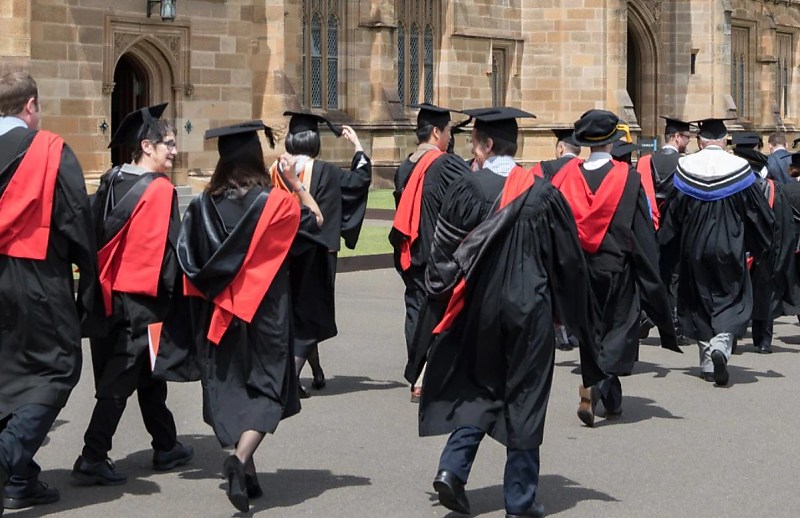The government’s decision to hike the cost of international student visa applications by 125 per cent has drawn criticism from accountants who warn it will exacerbate staff shortages and hurt the economy.
The decision was announced and came into effect without prior warning on Monday and would work in addition with a newly introduced cap on enrolments allowed for tertiary education providers by early 2025 to “restore integrity” in the international education sector, the government said in a statement on Monday.
You’re out of free articles for this month
“International education is an incredibly important national asset and we need to ensure its integrity and quality,” Education Minister Jason Clare said.
Funds from the fee increase from $710 to $1,600 would also be put towards implementing the Universities Accord's recommendations and the government’s migration strategy, he said.
CPA Australia’s business investment and international lead, Gavan Ord, called the move “outrageous” and warned it could make Australia less attractive to international students.
“Poorly considered policies focused on achieving short-term domestic objectives, like this significant fee hike, runs the real risk of making Australia seem less welcoming to international students.”
He said the change also came at a time when Australia was grappling with shortages in various skilled professions, including accounting.
“Australia’s education sector plays a key role in developing the global accounting profession, as it does for other occupations,” he said.
“Decisions like this are short-sighted and risk making the domestic and global shortage of accountants and other occupations worse.”
“Australia is already experiencing a shortage of qualified accountants and many other occupations. Any measures that are designed to reduce the number of genuine international students who wish to study accounting will exacerbate this shortage and have a negative knock-on effect to Australian business and the economy as a whole.”
Other experts including Abul Rizvi, former deputy secretary of the Department of Immigration, also spoke out against the decision, calling it “really poor” policy.
“It won’t deter poor performing students, but it will deter high performing students who have options,” he wrote on X. “We are shooting ourselves in the foot.”
The government estimates the international education sector was worth $36.4 billion to the economy in FY2022–23.
However, after the international student population reached a record high of 671,000 in March – a 15 per cent increase on last year – pressure has mounted to bring numbers down.
According to budget papers released in May, the government estimated its international student reforms and other migration policies would reduce net overseas migration by 110,000 people over the next four years.
Christine Chen
AUTHOR
Christine Chen is a journalist at Accountants Daily and Accounting Times, the leading sources of news, insight, and educational content for professionals in the accounting sector.
Previously, Christine has written for City Hub, the South Sydney Herald and Honi Soit. She has also produced online content for LegalVision and completed internships at EY and Deloitte.
Christine has a commerce degree from the University of Western Australia and a juris doctor degree from the University of Sydney.

 Login
Login







